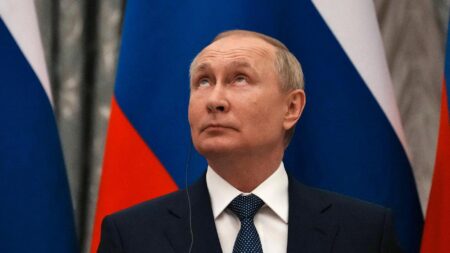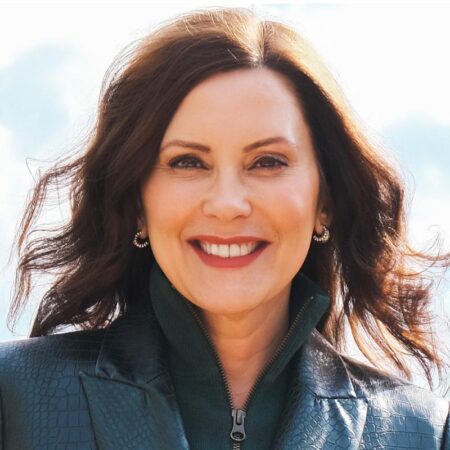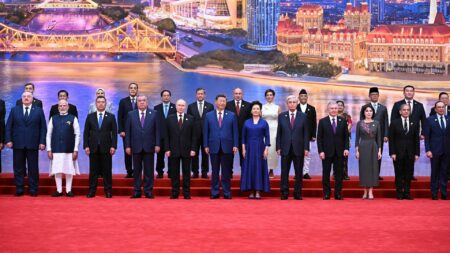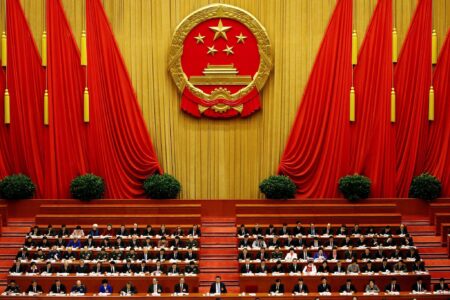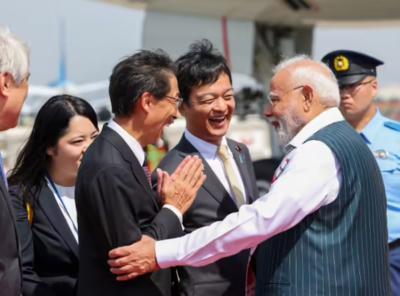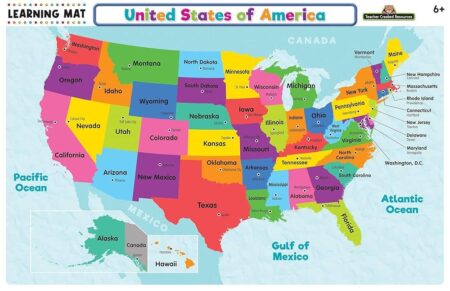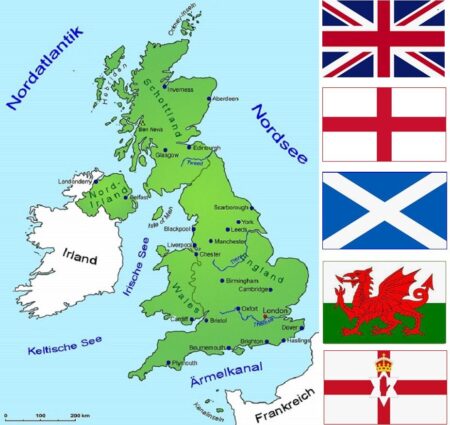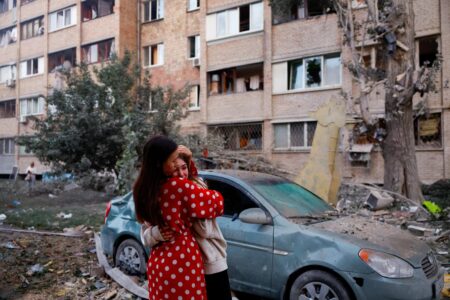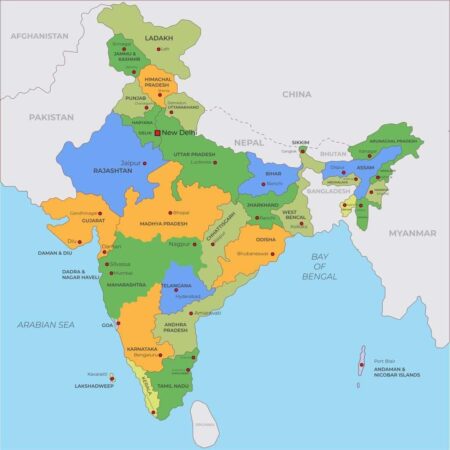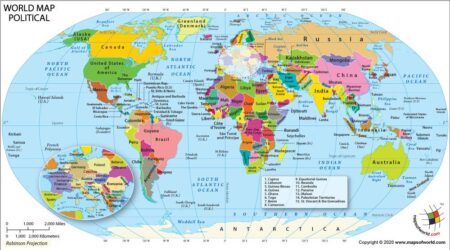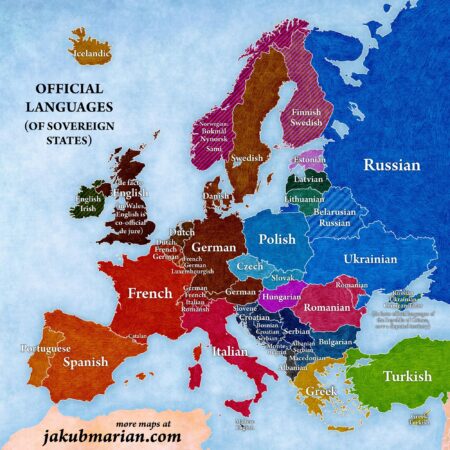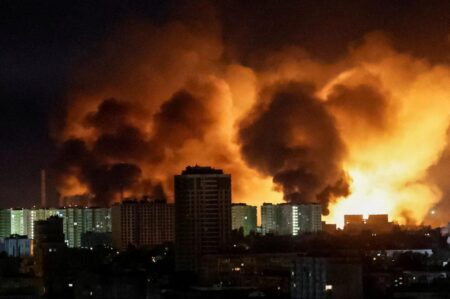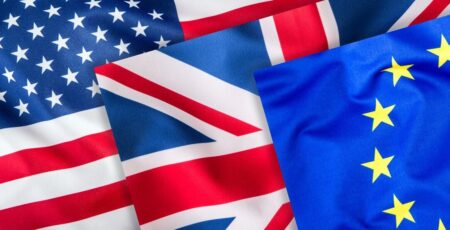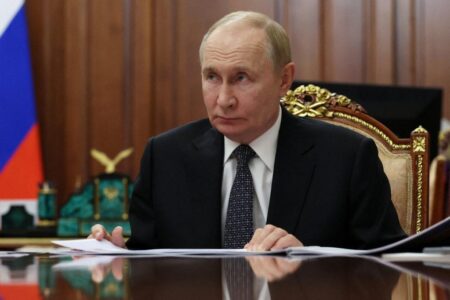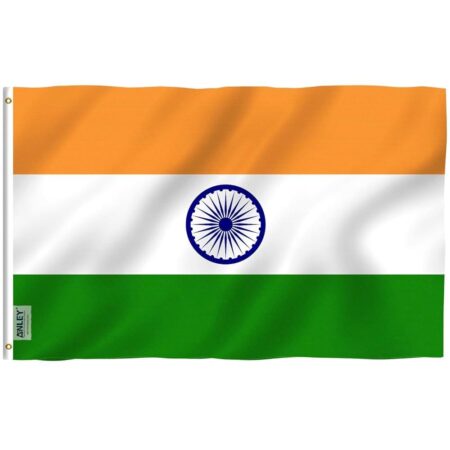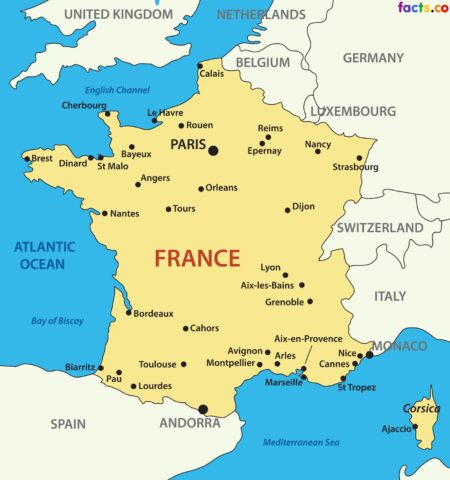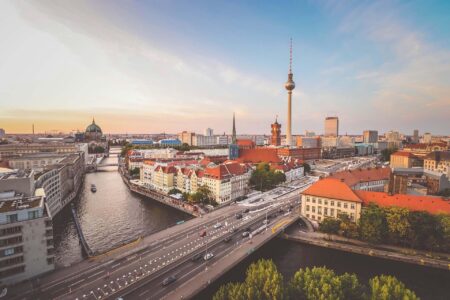At the recent China summit, the friendly smiles shared by Putin, Modi, and Xi masked intense rivalries and strategic moves, unveiling a complex web of competition beneath their polished display of global unity
Browsing: Diplomacy
Michigan Governor Gretchen Whitmer leads an energetic 18-member delegation on a dynamic trade mission to Japan and Singapore, aiming to strengthen economic ties and spotlight Michigan’s innovative businesses in key Asian markets
China is gearing up to deepen its partnership with Brazil and boost collaboration within BRICS, aiming for shared growth and a more stable global economy, Reuters reports. Amid shifting geopolitical tides, both nations are determined to build stronger ties and lead the way toward collective success
Armenia and the United Kingdom have elevated their bond to an exciting new level by forging a Strategic Partnership, igniting stronger collaboration in trade, security, and cultural exchange, officials announced in a joint statement
China’s growing attention to New York politics reveals a bold strategy to influence key global economic hubs, safeguard its investments, and shape U.S. policy in an era of escalating geopolitical challenges
Japan and India have united to supercharge security and economic collaboration, creating a dynamic alliance amid the challenges posed by rising U.S. tariffs. This bold partnership aims to strengthen trade ties and serve as a robust shield against global economic uncertainties
The U.S. Department of State has released groundbreaking documents from a historic meeting between Armenia and Azerbaijan, marking a bold step forward in the quest for peace and revitalized dialogue in this long-standing regional conflict
The United Kingdom, France, and Germany have ramped up pressure on Iran by reimposing sanctions, shining a sharp spotlight on concerns over its nuclear ambitions and escalating regional aggression-raising the stakes in global diplomacy like never before
Europe is urgently exploring the creation of a Ukraine-Russia buffer zone-a daring last effort to halt the relentless conflict and underscore the critical need for a diplomatic breakthrough
A recent New York Times report reveals how a tense phone call and a fiery Nobel Prize debate sparked strain in the Trump-Modi relationship, exposing deep diplomatic rifts between the U.S. and India at a critical juncture
India’s Prime Minister Narendra Modi is set for a historic encounter with China’s Xi Jinping and Russia’s Vladimir Putin during his first visit to China in seven years, as rising US tariffs continue to transform the global trade landscape
In this opinion piece, The New York Times explores how longstanding global skepticism toward America has been amplified by the policies and rhetoric of the Trump administration, exposing a dramatic drop in trust toward U.S. leadership
European powers are intensifying pressure on Iran, threatening new UN sanctions as nuclear talks stall. Al Jazeera cautions that this move could heighten tensions and narrow the chances for a diplomatic breakthrough
The Guardian reveals that Russia’s strike on Kyiv is a daring move by Putin to probe Trump’s stance and shake Europe’s unity. This bold attack pushes Western resolve to its breaking point as tensions escalate in the Ukraine conflict
French President Emmanuel Macron and German Chancellor candidate Friedrich Merz find themselves at a pivotal moment, determined to strengthen the ties between France and Germany. Their alliance could be the key to guiding Europe through its most challenging economic and geopolitical storms yet
The UK, Germany, and France have taken a bold leap by triggering UN sanctions on Iran, accusing Tehran of violating the nuclear deal. This powerful move intensifies global pressure on Iran like never before
Russia has blasted Ukraine and Western nations for blatant hypocrisy following recent strikes in Kyiv, condemning what it calls selective outrage and delivering a chilling warning about escalating tensions in the ongoing conflict
In a thought-provoking opinion piece, NDTV calls on India to adopt a patient and strategic approach in its interactions with former US President Donald Trump. Drawing a vivid comparison between diplomacy and cricket, the article likens the challenge to a marathon Test match rather than a quick T20 game, emphasizing the value of focusing on long-term gains instead of chasing short-term wins
France has called in the US ambassador following a provocative letter accusing the French government of turning a blind eye to antisemitism. This striking diplomatic gesture underscores escalating tensions between the allies over their approach to combating hate crimes
Germany, France, and the UK have taken a bold stand by pushing to reinstate sanctions on Iran, sparking fresh concerns about its nuclear ambitions. This move intensifies the already high tensions as negotiations over Tehran’s nuclear program continue to stall

